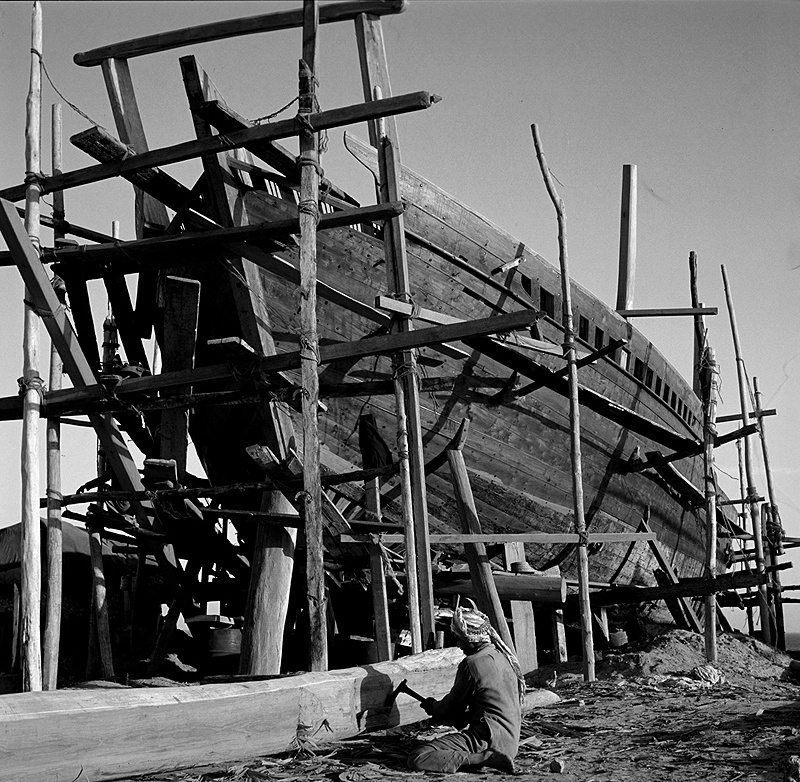KUWAIT: The historic remains of old civilizations, possibly dating back to more than 4,000 years ago, that were discovered in Kuwait indicate the countryfs commercial significance in the Gulf region. Kuwaitfs unique and strategic location helped in linking together surrounding nations via sea and land routes, becoming a keystone exit for passing trade convoys from Iraq and Iran to the eastern region of the Arabian Peninsula.

Furthermore, several historical documents and data indicate Kuwaitfs establishment dates back to 1613 when a group of migrating families and tribes decided to settle in the desert land after realizing its significance. They evolved over time into a civilized community of social and political structure, and launched their commercial and economic activities via land and sea, most notably timber trade.

Timber trade has been occupying a unique place in the countryfs economy since that time and up until present day as it used to supply woods to almost all Gulf States except Oman that had its own merchant navy fleet, Kuwaitis Heritage researcher Saleh Al-Methen told KUNA.
Most woods were imported from India, while the famed sandalwood used to be brought from Africa as it grew in specific hard-terrain lands, Al-Methen noted, adding timber traders in Kuwait used to stock their goods in commercial storage, called gAmarah in Arabic, which location was usually overlooking the sea. There were more than 70 commercial storages in Kuwait, in which traders used to store and sell various types of imported woods that were used for building ships, housing, and other construction purposes, said the Kuwait historian. - KUNA

